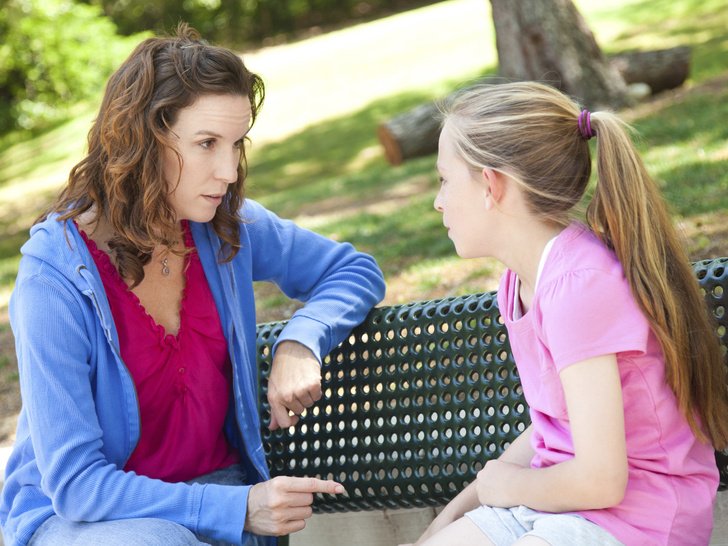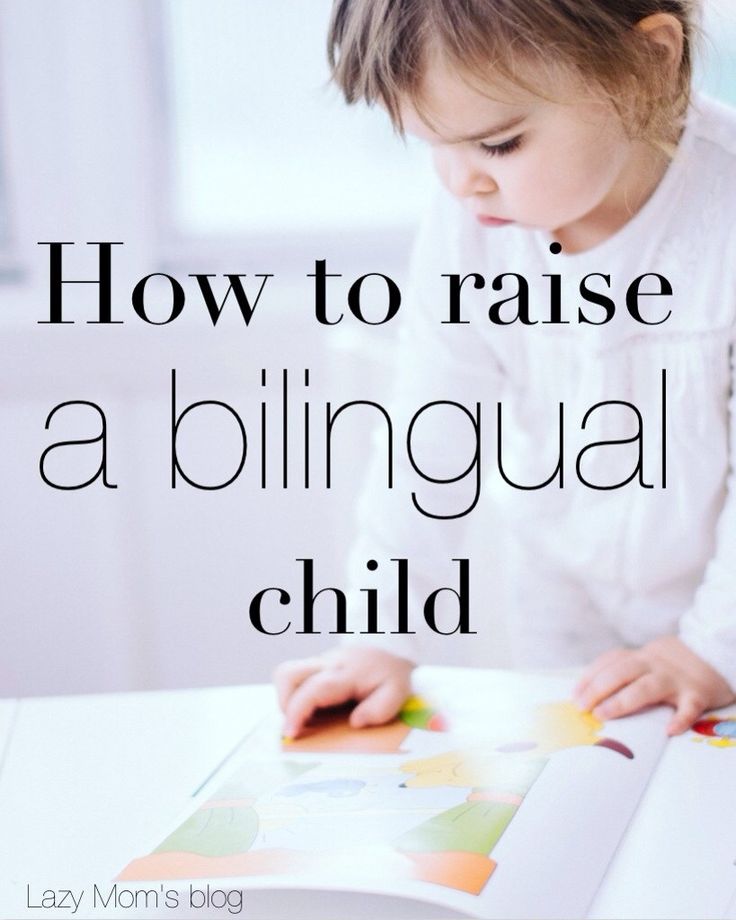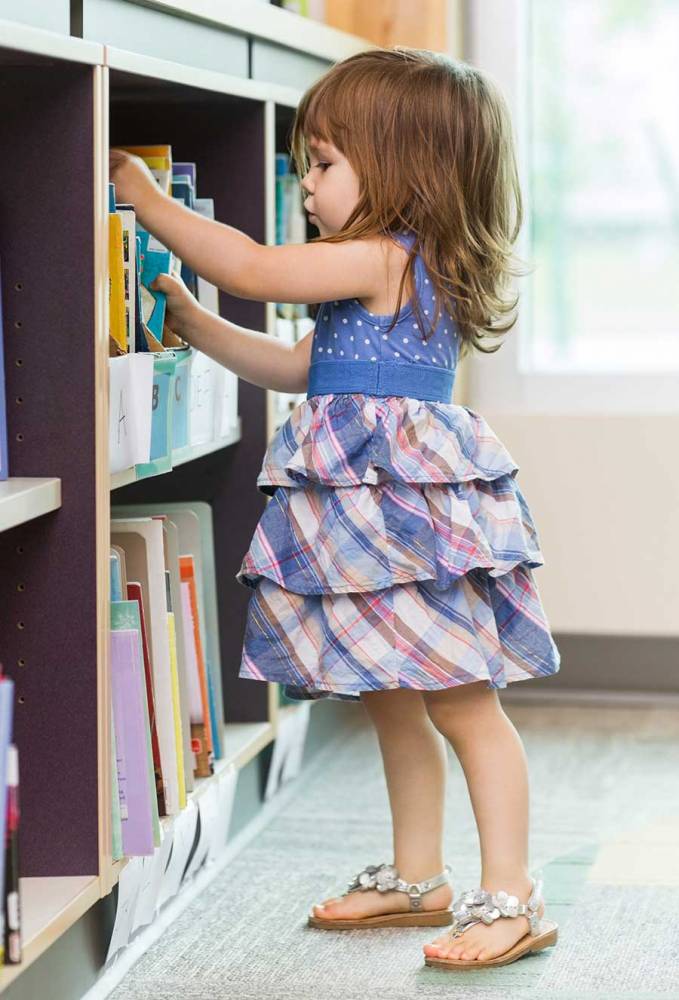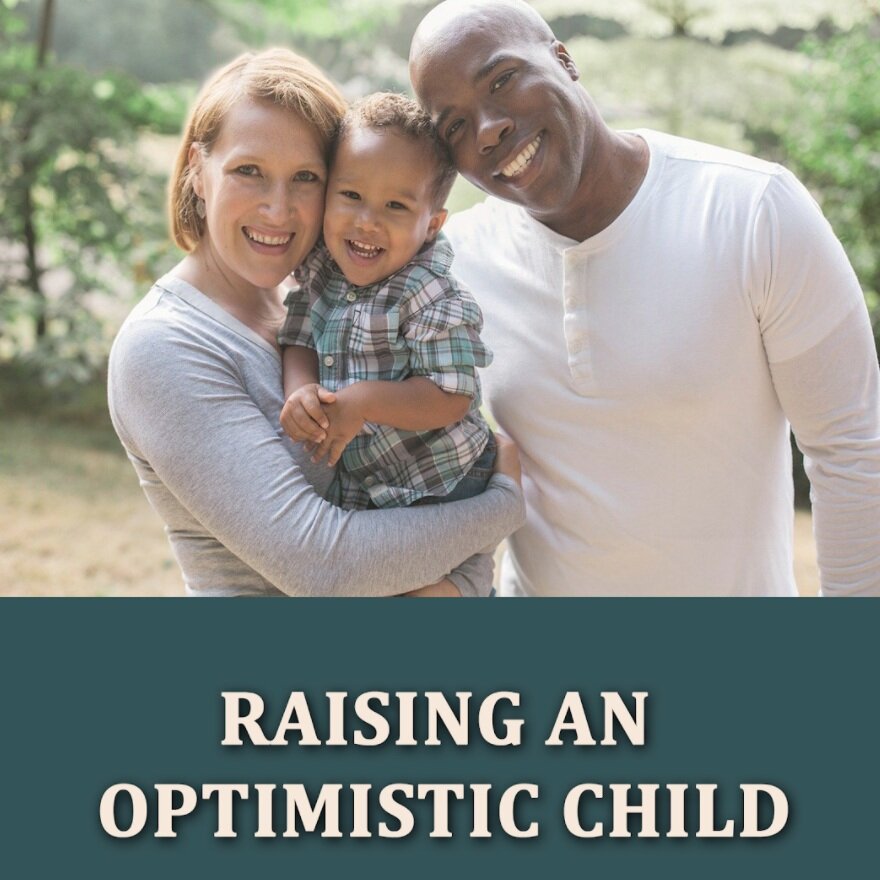How to raise optimistic child
How to raise an optimistic child
Parenting expert, Dr. Karen Reivich offers simple, everyday activities and strategies to help kids think optimistically
I’ve been studying optimism – and how to teach it to children – for more than 15 years. The research is clear: optimism is a critical skill for happiness, health and success.
When we compare optimists to pessimists, we find that optimists are less likely to become depressed or anxious, and they do better in school and work. They’re also more resilient and they live longer! The good news is that unlike eye color or how tall a child will be, optimism is something that we can change and also teach.
Now, as a mother of four, I know how hectic life can be. Given the pace of our lives, if someone told me that in addition to everything I am already doing, I also need to set aside time to teach my children how to be optimistic, there is a good chance I would explode. The good news is that as parents, we can easily teach our children how to think optimistically through simple, everyday activities and strategies.
So, what is optimism anyway? Optimism is the belief that good things will happen in the future and that you can help bring about positive change in your life and in the world. Optimism fuels resilience in the face of adversity. It makes us feel happy and confident, and motivates us to keep trying even when we encounter roadblocks to our goals.
Unfortunately, it’s not always easy to be optimistic because of what I call “pessimism traps.” Pessimism traps are common tendencies that most of us have that heighten pessimism and block optimism. I’ll describe two common pessimism traps and will share simple activities and strategies that will keep your child from falling into these traps, and will instead build their optimism.
Pessimism trap: Focusing on the bad
As a species, we seem to be hard-wired to pay more attention to the bad things that happen in a day than the good things. It’s called the negativity bias. The negativity bias leads us to notice, remember and ruminate about the parking spots we couldn’t find, the unkind look we received, the quarrel over breakfast. These things stick while the good stuff tends to fade. The more we focus on the negative, the more worry, frustration, anger and sadness we’ll feel.
These things stick while the good stuff tends to fade. The more we focus on the negative, the more worry, frustration, anger and sadness we’ll feel.
Optimism strategy: Hunt the good stuff!
Fortunately, the tendency to spend more time thinking about the bad than the good is completely reversible. I’m not suggesting we stick our heads in the sand and deny bad things happen. We can, however, be more balanced in what we focus on. One simple way to build optimism in your children is to help them learn how to hunt the good stuff. Here are two ideas:
Go on a Happiness Scavenger Hunt Next time you are taking a walk with your children, ask them to point out anything they notice that makes them smile: a friend waving to them, a bright red cardinal peeking out from a tree limb, the sight of their favorite ice cream shop. This activity teaches your children to notice and share the everyday good things that surround them, and builds optimism and happiness.
Keep a Good Stuff Journal Another way to counteract the negativity bias is to keep a family journal of the good things that happened in the day. I labeled ours the “Good Stuff Journal” and a couple of nights a week, before the kids go to bed, I ask them to share something good that happened that day. I write it down and ask them one question to help them savor the good thing. Sometimes I ask, how did you feel when that happened? Or, how did you contribute to that good thing? Or, what did you like about that good thing?
I labeled ours the “Good Stuff Journal” and a couple of nights a week, before the kids go to bed, I ask them to share something good that happened that day. I write it down and ask them one question to help them savor the good thing. Sometimes I ask, how did you feel when that happened? Or, how did you contribute to that good thing? Or, what did you like about that good thing?
Pessimism trap: Negative self-talk
All of us have an internal radio station that plays “You, You, You – 24/7.” I’ve named mine WKRN and I’m constantly amazed by the creative ways it can cut me down, undermine my mood and deplete my confidence. Negative self-talk is common, particularly during moments of stress, and it is toxic! Children, like adults, are often their own worst enemies. Few of us would ever talk as nastily to others as we do to ourselves. The cost of negative self-talk is that it undercuts resilience, breeds pessimism and compromises our performance.
Optimism strategy: Change the play list
You can help your child change a negative play list to a positive one by fighting back against these harsh accusations. In fact, I recommend that you practise this yourself so that you increase your own optimism as well. When we hear our children being overly negative in their thinking, our natural tendency is to try to cheer them up. Recently, one of my sons finished a soccer game and reported, “I’m the worst one out there. I can’t do anything right. I totally sucked.” Every cell in my body wanted to shout out, “Don’t be silly, it’s the World Cup for you one day! You’re a star!”
In fact, I recommend that you practise this yourself so that you increase your own optimism as well. When we hear our children being overly negative in their thinking, our natural tendency is to try to cheer them up. Recently, one of my sons finished a soccer game and reported, “I’m the worst one out there. I can’t do anything right. I totally sucked.” Every cell in my body wanted to shout out, “Don’t be silly, it’s the World Cup for you one day! You’re a star!”
But I didn’t. Had I pumped my son up with false praise, all that would have done is erode his trust in me. False praise communicates that we don’t want to hear about their struggles or worries. With too much false praise, your children will learn to keep quiet about their fears and disappointments. So instead of World Cupping him, I first listened to him describe how horrible he was and I empathized. Then, after I’d given him time to express himself, I asked him questions that were designed to help him fight back against the overly pessimistic thoughts playing on his internal radio station:
• “What is one thing that you did well in the game?” This question helps children come up with one piece of evidence that proves their negative beliefs are not completely true, and increases their optimism.
• “What is something you can do this week to increase the chances that you’ll play better next time?” This question helps children shift from focusing on the problem to focusing on a solution. When kids create a plan for success, their confidence builds and anxiety lessens.
• “What would you say to your best friend who told you he/she was thinking this way?” this question helps children become more gentle and compassionate toward themselves. When kids practise treating themselves the way they would treat their best friend, they start to focus on their strengths, not just their weaknesses.
As a parent, you can lay the foundation for happiness, resilience and success by teaching your child how to think optimistically. By teaching school-aged children how to think optimistically and how to approach problems and adversities with a clear set of coping skills, we can enable them to approach their lives with resilience and increase their overall sense of well being. And that kind of outcome is enough to put a smile on any parent’s face.
Dr. Karen Reivich is the co-director of the Penn Resiliency Project and a research associate in the Positive Psychology Center at the University of Pennsylvania. She is a leader in the field of depression prevention, resilience, positive psychology interventions and school-based intervention research. Dr. Reivich is a co-author of two books: The Optimistic Child and The Resilience Factor. In addition, Dr. Reivich has a coaching practice and provides consultation to organizations around the themes of resilience, optimism, and strength development.
Stay in touch
Subscribe to Today's Parent's daily newsletter for our best parenting news, tips, essays and recipes.- Email*
- CAPTCHA
- Consent*
Yes, I would like to receive Today's Parent's newsletter. I understand I can unsubscribe at any time.**
FILED UNDER: Mental health
Can I help my child become more optimistic?
It's easy to feel frightened and overwhelmed in today's world. But it IS possible, even in scary times, to be guided by the values that matter most to us, including the commitment to provide a calm, loving home for our children. To do that, we need a sense of optimism -- the conviction that things will work out, and that what we do can have a positive impact.
But it IS possible, even in scary times, to be guided by the values that matter most to us, including the commitment to provide a calm, loving home for our children. To do that, we need a sense of optimism -- the conviction that things will work out, and that what we do can have a positive impact.
The world needs optimists today more than ever, because we humans have a lot of problems that we need to solve. And people who are optimists have better lives, because even when times are hard, optimism is a cornerstone of resilience.
Research shows that optimists, who believe they can achieve success, are in fact more able to do so. They are less likely to get depressed, get fewer illnesses, have longer relationships, and live longer.
When life seems to be dealing one blow after another, you want your child to believe that things can get better. Otherwise, why should he pull himself together and keep going?
Can you help your child become more optimistic? There is some evidence that optimism is an inherited trait, and certainly we know there is a biological basis to much depression as well as to a tendency to be upbeat.
There is also evidence, however, that we learn at an early age how to view the world and its potential from those around us, and that parents can unthinkingly influence us to interpret events in a negative way.
Luckily, research shows that we can change the way we talk to ourselves about events and how we interpret them, which has a direct impact on our emotional reaction to our experiences.
The bottom line is this: even if you are born with a tendency to pessimism, you can greatly increase your optimism quotient.
So how do you help your child to become more optimistic?
1. Notice how your child thinks about things.
Is the glass half full or half empty? When something bad happens, does your child see it as exemplary of their entire life, do they think the misfortune is pervasive, permanent, and personally directed at them? (“Why does this always happen to me?") If you see that your child is pessimistic, you can help them to learn optimism.
2. Challenge Pessimism.
Pessimistic thinking can be defined as expecting bad things to happen. Pessimists think catastrophically. For example, they might say, "I won’t make any friends at this new school. No one is going to like me."
To deflate pessimism, challenge the four thought patterns that lead to pessimistic thinking:
- Permanence: "This always happens and always will."
- Pervasive: "Nothing ever goes right."
- Personal: "This always happens to me."
- Powerlessness: "There is no real relationship between cause and effect; things just happened; I am the victim of what has occurred."
3. Teach your child the principles of Optimism.
The essential trick is to remember that you perceive a setback any way you choose. This is so important that it bears repeating: What happens to us is much less important than the story we tell ourselves about what happens to us.
This is so important that it bears repeating: What happens to us is much less important than the story we tell ourselves about what happens to us.
Help your child to choose to perceive setbacks as:
- Temporary
- Isolated rather than pervasive. They don’t indicate anything about any other part of his life.
- Impersonal. This is not a referendum on my value as a person.
- Within his power to fix.
How can a setback be impersonal? Certainly, some bad things are just bad luck, and could have happened to anyone. In many cases, of course, it is clear that he brought the setback on himself, but it still doesn’t indicate anything about who he is, but how he chose to act in that one instance. In other words, he failed the test because he didn’t study, not because he always fails tests and always will.
Maybe most important, help your child to see that he isn’t powerless in the situation. Martin Seligman, the trail-blazing researcher on optimism, says that the most important question to ask when confronted with misfortune is:
“Is it possible that there are some ways that you could change the outcome with some personal effort on your part?"
4. Help your child learn to cultivate Optimistic Thinking
...with these three ideas:
- There are actions I could or can take to change the situation. (As opposed to "I am a victim here.")
- There are specific reasons something happened. (As opposed to the global "Everything always goes wrong.")
- The cause is clearly leading to the effect, and that is true over time. Sometimes I can affect those factors, which means I can make the outcome better.
 Sometimes I can't affect those reasons, but that means they are not my fault. (As opposed to "Bad things just happen to me" or "Life is just out to get me.")
Sometimes I can't affect those reasons, but that means they are not my fault. (As opposed to "Bad things just happen to me" or "Life is just out to get me.")
5. Confront negative self talk.
The problem with self talk is that when you hear it, you believe it! Then you act as if it were true. But in fact, just because you are telling yourself something does not mean it's true. It's a belief that could be wrong. There are many ways to interpret events, and some are much healthier than others.
Cognitive therapists teach pessimists to confront this kind of thinking with a three step process: Notice it, Externalize it, and Dispute it (NED). You can teach yourself, and your child, the NED process:
- Notice negative self talk.
- Externalize it. Treat it as if it were said by an external person whose mission in life is to make you miserable.
 (Some kids call him NED.)
(Some kids call him NED.) - Dispute it in the same way you would an external person. We generally have the skill of disputing other people when they make false accusations, and we can learn to do so with ourselves as well.
6. Model Optimism.
Do you say things like “I know we’ll find a parking space soon!” or “We’ll NEVER find a parking space! I KNEW this would happen!”?
Your view of the world and your prospects within it communicates itself to your child daily. If you want to help your child become more optimistic, experiment with learning to be more optimistic yourself. All of the techniques in this article work for adults, too, of course. And they all offer opportunities for wonderful dinner table conversations with the whole family. Why not start an Optimism challenge in your family this month?
How to raise an optimistic child
home
Parents
How to raise a child?
How to raise an optimistic child
- Tags:
- Expert advice
- 3-7 years
- 7-12 years old
Optimism is a quality that needs to be strengthened in a person from childhood. Optimistic people are more self-confident, more likely to achieve success at work and in their personal lives, and do not get upset if they do not succeed. To raise an optimistic child, use the tips from "I am a parent."
Optimistic people are more self-confident, more likely to achieve success at work and in their personal lives, and do not get upset if they do not succeed. To raise an optimistic child, use the tips from "I am a parent."
Optimists are not born, they are made, and as you know, children learn everything primarily from their parents, so it is very important what values and attitudes mom and dad instill in their child.
A child should receive the initial charge of optimism from his family. When mom and dad often smile and laugh, do not despair because of failures and find positive even in life events that are not very pleasant, the child, looking at them, learns to do the same. Do not dwell on problems and feeling bad, at least do not discuss this in front of the child and do not show him that you are in a bad mood. Children become optimists when there is fun in the house, laughter often sounds, and a joyful atmosphere reigns. Arrange home games and holidays, participate in his fun with your child and, at least sometimes, allow yourself to just fool around.
Now imagine a situation: a child is trying to learn how to ride a bicycle, but he can't even start. Then the child drops the bike, says he doesn't want to try it anymore, and loses interest in it. What should parents do in this situation? First of all, explain in a language accessible to the child that failure is not a sentence, but just an excuse to try again. Tell in colors how great it is to ride a bike and how important it is to learn it. Explain that no one succeeds in doing this the first time, that everyone fell, everyone was upset, but then they tried again. Explain to the child that while learning any business, each person goes through a series of unsuccessful attempts, but only patience and faith in one's own strength help him succeed.
If a child does not blame himself for his own failures, but begins to perceive them simply as an inevitable part of the learning process, he will grow up to be a self-confident person.
The same tactic should be used when you teach your baby to memorize new words, draw, write, read, sculpt from plasticine and do any other thing that is not yet familiar to him.
As your child grows up, explain to him that crises happen in life, but they are inevitable and you can always overcome them, the main thing is not to get upset and not withdraw into yourself. You should not try to protect the child from mistakes, since they are a mandatory component of the formation of his personality. The ability to make mistakes, analyze their behavior and draw conclusions will help the child become independent and self-confident.
Encourage your child's success, praise him, and in case of failure, do not scold, but assure that next time everything will work out. Understand that a deuce in math is not the end of the world.
If a child is constantly scolded at home because of poor grades at school, he begins to suggest to himself that he is a failure, thereby setting himself up for bad things in advance.
It is natural that his performance is even more reduced, he thinks: why should I try if nothing works anyway? Your optimism and the words that nothing bad will happen because of a failed test, on the contrary, they will give the baby strength and he will definitely try again and again until he reaches his goal.
Teach your child to pay attention to simple joys, because it is the ability to enjoy the little things that distinguishes optimists from pessimists. A pessimistic child with a sad look goes hand in hand with his mother to the dentist, and an optimistic child notices a beautiful bird on the way, a bright leaf that has fallen from a tree and funny reflections on cars parked along the roadside. A pessimist only thinks about how painful and unpleasant it will be for him, and an optimist thinks about how after the doctor he and his mother will go to the store for a new toy.
Teach your child to notice something good even in unpleasant situations. We were going for a walk, but suddenly it began to rain - this is not a reason to be sad, because you can stay at home and bake a delicious pie with your mother. The child is sick and feels bad - it is not necessary to be upset, because even while lying in bed you can watch a new cartoon or read your favorite book. The main thing is to constantly speak these settings with your baby, so that next time he himself will offer you to bake a cake in the rain.
The ability to enjoy small things and find something positive in everything is a wonderful quality that will certainly serve your child well in later life.
Victoria Kotlyarova
Your parenting style
By answering the test questions, you can find out what parenting style is typical for you, about its features, advantages and disadvantages, and also get information about alternative parenting styles and their specifics .
Take the test
How to raise an optimist
Any parent wants their child to walk confidently through life, meet the new day with a smile, not lose heart in difficult situations and be able to achieve success.
How you want your child to be positive, smiling and joyful.
But how to educate and raise an optimist? How to instill in a child a cheerful and optimistic outlook on life?
Optimism helps to perceive life events more easily and relates more easily to unpleasant incidents.
An optimistic outlook on life, self-esteem in a child is formed in those moments when he manages to do something well, when his achievements and actions are noticed and positively evaluated, when the child feels confident and comfortable. At the same time, the emotional and psychological support of adults harmoniously develops in the child the confidence that the world is arranged in the best way for him.
The task of parents in education is to strengthen this vision of the child.
Communicating with our children every day, we involuntarily instill in them our attitude to life. Therefore, wanting to instill cheerfulness and optimism in a child, it is worth talking with him more about the positive and positive aspects of life than about your fears.
Avoid constantly warning the child against making mistakes. Develop self-confidence in your child, aim him for success.
Let your children solve the little problems that come up. Encourage your child to make their own decisions.
To bring up an optimist in a child, be sure to reward his desire for initiative with praise, even if the results of “proving himself in action” are unsuccessful. Whether it's the desire to learn how to hold a spoon on your own, build a pyramid or learn needlework. Your task at the same time: to gently direct the efforts of the child in the right direction and quietly help. Be patient and tell him: “You will definitely succeed, but can I help you a little?”
Support the child in his undertakings, cheer him up. Do not forget to tell him words of love, how important he is to you, that he is a necessary link in your family. So the child will be easier to cope with failures if he is confident in your support.
Help your child to get away from bad thoughts and sad mood. Switch your child's attention to something positive that brings a feeling of happiness. Even in the troubles that have happened, always try to find the pluses, no matter how small they are.
Read literature with your child that will help you raise an optimist in him. Choose books in which the main character believes in his success and achieves it. Write similar stories about your child.
Formulate prohibitions for the child so that the phrases sound more optimistic "Yes" , and very little "No" . For example, instead of saying, “No, I won’t give you ice cream,” optimistically say, “Of course you will get your ice cream, but only after you eat your lunch.”
Listen and listen to your children, talk about their feelings and emotions - this will help them cope with their fears, worries and doubts.
Tell the child that he SHOULD do , not that DO NOT NEED . The brain of children is arranged in such a way that the negative particle “not” is not perceived by them, but is concentrated on the prohibition itself. Therefore, instead of: "Do not run around the room," say: "Take a book - read. "
"
Think in advance how to make the event a success. For example, when going to the clinic with your child, think about the fact that there you may have to wait a long time for your turn. Bring crayons, coloring books, animal cards, and a poetry book to keep your little one busy when needed.
And last but not least!
We, parents, as in any other business, and in an optimistic outlook on life, should serve as an example to our child. Beautiful correct speech, good relationships in the family and with people around, beautiful home decoration, fun games, beautiful kind drawings and photographs, embroidery, modeling, etc. - everything should be put at the service of the baby and his worldview.
Look for occasions for joy and good mood. Focus your child's attention on the positive, on pleasant trifles, on small joys. Look for them in everyday life. Arrange surprises for your baby, pleasant surprises, small holidays, turn on cheerful positive music more often.












